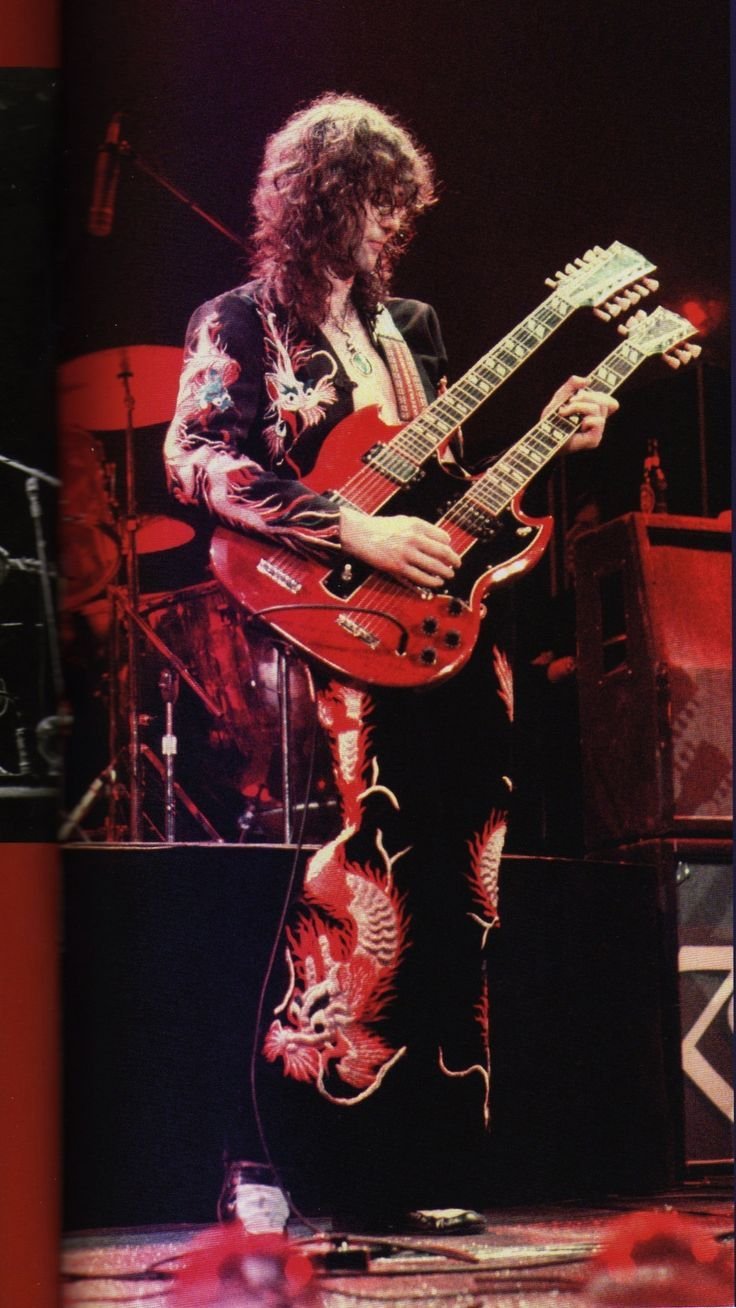The acoustic guitar is harder to play than an electric. It’s more robust and unforgiving, forcing a cleaner marriage between your fingers and the fret with no fuzz to hide behind. Sure, pedals, wah-wah bars, and riffing with resonance become a world of skills of their own on the electric, Jimmy Page‘s unique sound typifies that point, but all too often these garish flourishes mean that flashy guys wailing away with a few simple notes on a Fender rank way higher on arbitrary ranking lists than their puritsts peers relying on nothing but a dogeared acoustic and their own mastery.
All too often, acoustic specialists are shunned from the echelons of ‘The Greatest Guitarists of All Time’ charts, despite the fact that the fellows who fill up such lists are secretly well aware that they may well find themselves outstripped by the likes of John Fahey if it came down to it. On an acoustic, you need to ensure that everything is working in unison. As Keith Richards explained, “I would say that the acoustic guitar is the most important thing for a guitar player to start with.“
“Learn the feel and the touch of that string and what it does against the fret; learn that and then you can add the effects later on,” he told Guitar Moves. In his typical slurring Socrates style, speaking about the guitar with wanton sultriness, he continues, “You know, if you want to be a guitar player, you have to have your grounding. It’s like anywhere else. I mean, an astronaut doesn’t start in space, you know, somebody’s got to build a rocket.”
While his analogy goes slightly awry there, the sentiment of having the basics in place before getting all fancy is something that rings true in every grounded Stones riff. However, Jimmy Page was always looking to station his playing at a loftier peak. So, the basics he looked to copy were resplendent with complexity to begin with. On this front, he turned to his acoustic hero, the proverbial Jimi Hendrix of the battered and dusty old auditory axe, who could make a guitar weep, yelp, and sing without a pedal in sight.
Bert Jansch, who performed as both a solo artist and as the lead guitarist in the British folk group Pentangle, has been hailed by many fellow guitar-playing heroes, but few have heaped higher praise than Page, who even admitted that he got pretty close to directly plagiarising him. “I was really listening to acoustic guitarists like Bert Jansch. He’s my all time favourite,“ he told the New Musical Express in 1970.
”I was listening to that more than anything and that’s what I play a lot of at home,” he said, defining the world-building inspiration he was deriving from Jansch at the time. In his view, the Scottish strummer was far ahead of his American counterparts and Page wanted to develop the art even further. ”I would really like to develop the acoustic guitar into something much better. The finger style not like Crosby, Still and Nash.”
It’s not that Page had any issue with the folk trio; they were an inspiration, too, but when it came to the guitar, Jansch had a canny knack of layering his sound with immersive depth. He would later tell Record Collector, “At one point, I was completely obsessed with Bert Jansch. When I heard that first LP, I couldn’t believe it. It was so far ahead of what anyone else was doing.”
In doing so, he was setting a new bar in the same manner Hendrix did on the electric, creating a fullness of sound that was tantamount to expounding on every genre that had come before. As Johnny Marr would concur, “I could see straight away that there are people who are influenced by Bert Jansch that don’t even know it.”
The guitarist added, “Anyone who got into Nick Drake – totally into Bert. Anyone who got into Led Zeppelin’s acoustic stuff, Neil Young, Donovan, and therefore the Beatles. No Bert Jansch, no Back to the Old House, no Unhappy Birthday, even my electric stuff. So it runs all the way through what I was doing in the Smiths. All roads lead back to Bert Jansch.”
